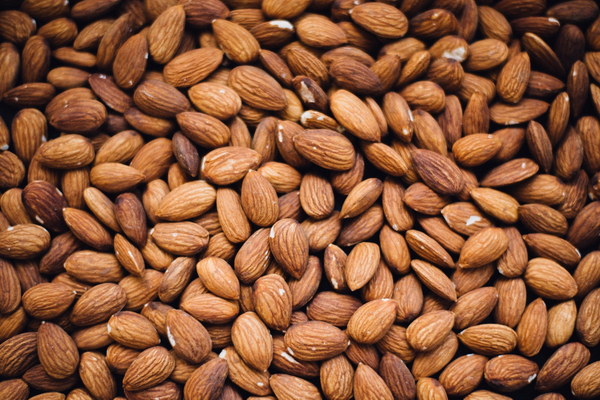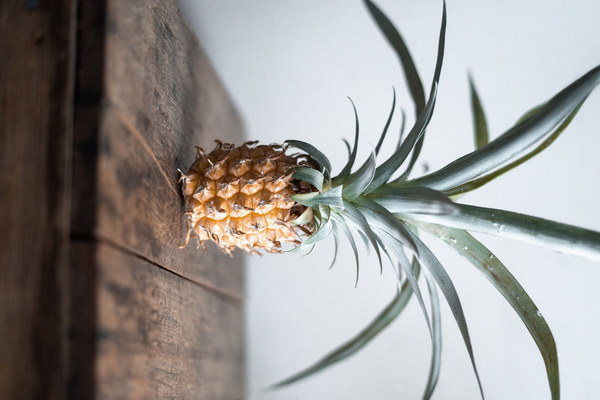Renal Damage and Qi and Blood Supplementation A Comprehensive Guide
In recent years, the concept of regulating Qi and blood has become increasingly popular in traditional Chinese medicine (TCM). It revolves around the belief that the body's health is maintained by a balance of Qi (vital energy) and blood. One of the most common concerns in TCM is the damage to the kidneys, which is believed to lead to imbalances in Qi and blood. This article aims to explore whether kidney damage can indeed result in Qi and blood deficiency, and what can be done to address this issue.
The kidneys, according to TCM, play a crucial role in regulating Qi and blood. They are responsible for producing essential substances such as Jing (essence), which is considered the foundation of one's health. Therefore, when the kidneys are damaged, it can lead to a decrease in Jing, which in turn affects Qi and blood production.
Kidney damage can occur due to various reasons, including genetic factors, chronic diseases, or poor lifestyle habits. The most common symptoms of kidney damage include fatigue, weakness, decreased libido, and frequent urination. These symptoms can be attributed to a deficiency in Qi and blood.
In TCM, there are several signs that may indicate a deficiency in Qi and blood due to kidney damage:

1. Fatigue: A deficiency in Qi can lead to a general feeling of weakness and fatigue, as the body struggles to maintain its energy levels.
2. Weakness: A deficiency in blood can result in muscle weakness and poor endurance.
3. Decreased libido: Kidney damage can lead to a decrease in sexual desire, as the kidneys are responsible for regulating sexual functions.
4. Frequent urination: A common symptom of kidney damage is frequent urination, which can be attributed to a deficiency in Jing.
5. Paleness or pallor of the skin: A deficiency in blood can cause the skin to appear pale or lackluster.
To address these issues, TCM practitioners may recommend various treatment methods, including herbal medicine, dietary adjustments, and lifestyle modifications. Here are some of the key strategies:
1. Herbal medicine: TCM herbal formulas are commonly used to replenish Qi and blood, such as Rehmannia Six (Shenqi Huoxue Tang) and Angelica Sinensis (Danggui) formula.
2. Dietary adjustments: A balanced diet rich in essential nutrients can help support kidney function and improve Qi and blood production. Foods that are beneficial for kidney health include nuts, berries, and dark leafy greens.
3. Lifestyle modifications: Regular exercise, adequate sleep, and stress management can all contribute to improving kidney function and overall health.
4. Acupuncture: Acupuncture therapy can help to stimulate the body's natural healing processes, balance Qi and blood, and enhance kidney function.
5. Tai Chi and Qigong: These practices involve gentle movements and breathing exercises that can help to promote a healthy Qi flow and improve overall well-being.
In conclusion, kidney damage can indeed lead to a deficiency in Qi and blood, as the kidneys play a vital role in their production and regulation. By adopting a comprehensive approach that includes herbal medicine, dietary adjustments, and lifestyle modifications, individuals can effectively address kidney damage and promote a healthy balance of Qi and blood. It is essential to consult with a qualified TCM practitioner to develop an individualized treatment plan that best suits one's needs.









